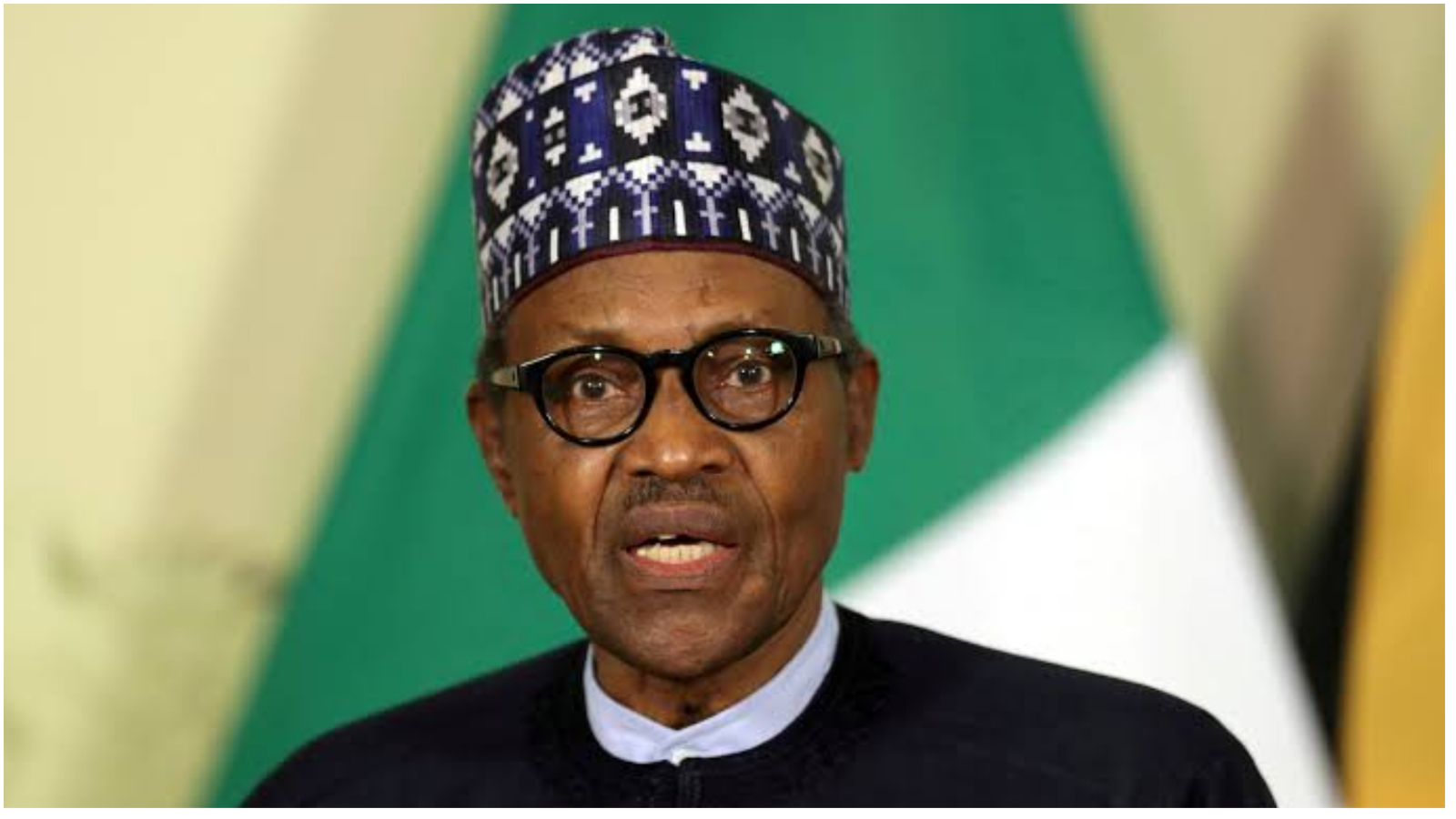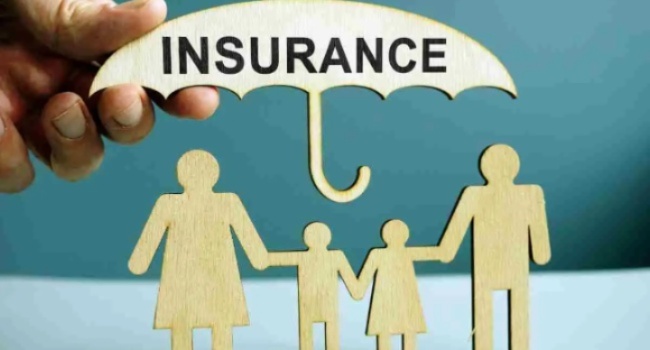Nigeria’s Extractive Industries and Transparency Initiative (NEITI) has expressed its disagreement with President Muhammadu Buhari’s statement over the removal of fuel subsidy, which has suspended for 18 months in January.
On Tuesday, President Buhari had said he rejected suggestions to remove the subsidy because reality is different from what is stated on paper. He explained that western countries are now implementing it, “most western countries are today implementing fuel subsidies. Why would we remove ours now? What is good for the goose is good for the gander!”
Join our WhatsApp Channel“What our western allies are learning the hard way is what looks good on paper and the human consequences are two different things. My government set in motion plans to remove the subsidy late last year. After further consultation with stakeholders, and as events unfolded this year, such a move became increasingly untenable. Boosting internal production for refined products shall also help.” President Buhari said.
During the stakeholders’ National Extractive Dialogue (NED) 2022, on Tuesday in Abuja, the NEITI Executive Secretary, Ogbonnaya Orji, said fuel subsidy removal would free the country’s economy from bondage.
Orji said, “The removal of fuel subsidy would free the country’s economy from bondage, benefit the poor majority and possibly hurt the few affluent who were currently rich in the subsidy transactions.”
In its suggestion to Nigeria, International Monetary Fund (IMF) had said, “The mission stressed the need to fully remove fuel subsidies and move to a market-based pricing mechanism in early 2022 as stipulated in the 2021 Petroleum Industry Act”
Talking about the fuel subsidy not being beneficial to the lower income and poor homes in Nigeria, the World Bank said, “One is that they are expensive because they go to everyone and they are often used by people with upper incomes than by people with lower incomes so they are not targeted.”
“So, we encourage that when there is need for subsidy, either food or for fuel, that it should be carefully targeted at those most in need of it. And so, we have encouraged Nigeria to rethink its subsidy effort.” World Bank’s David Malpass said.


















Follow Us